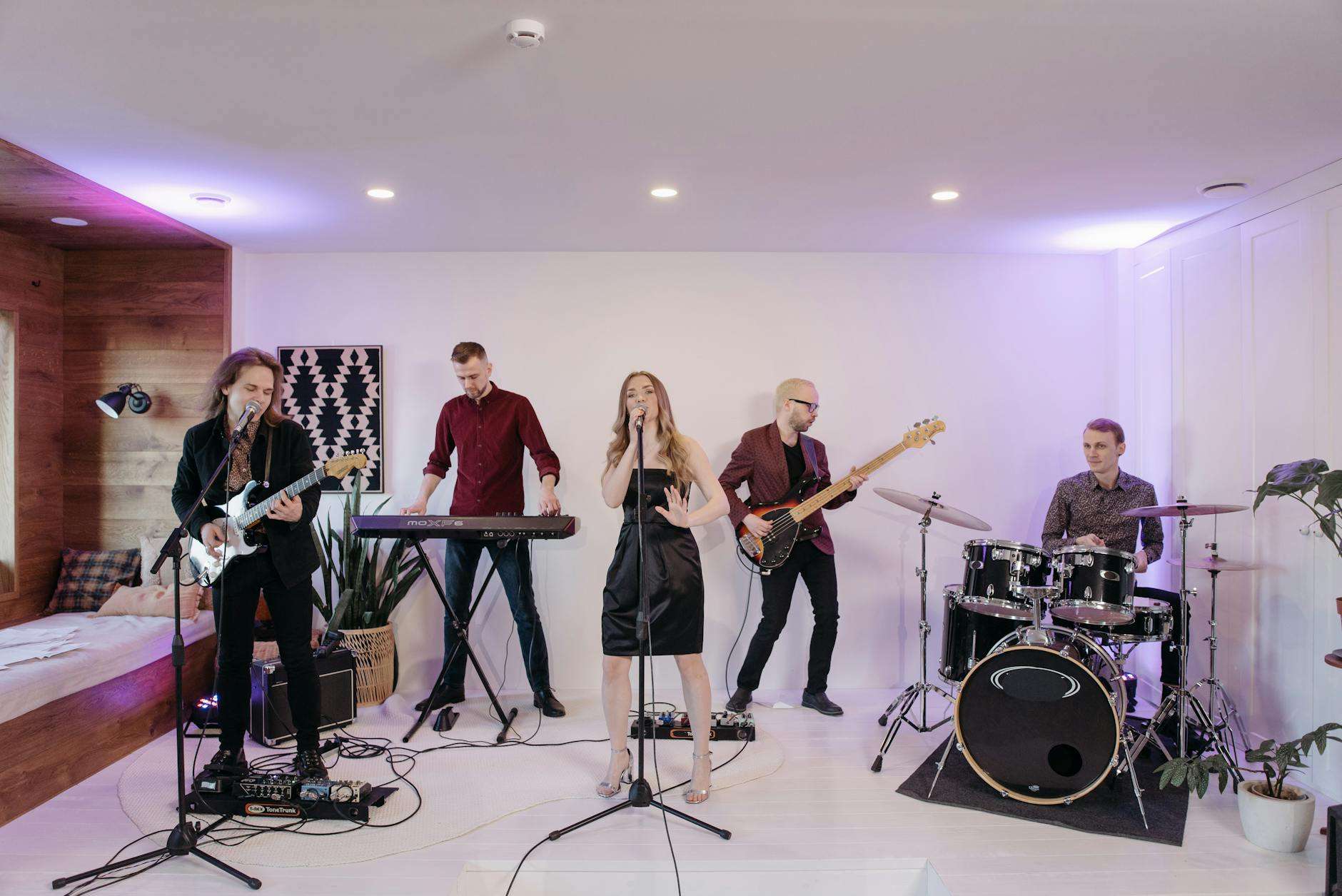Optimize Your Entertainment Contest
Entertainment contests have become a thrilling way to engage audiences and promote creativity. With the rise of social media and digital platforms, the potential for these contests to reach large audiences has increased exponentially. Did you know that a well-optimized contest can increase engagement by up to 80%? This statistic highlights the importance of structuring your contest effectively. In this article, we will explore various strategies to optimize your entertainment contests, ensuring they not only attract participants but also keep them engaged. You’ll learn about key elements like targeting your audience, leveraging social media, and utilizing effective marketing techniques.
By the end of this article, you’ll gain insights into how to run a successful contest that maximizes participant involvement and drives your objectives forward. We will dive into practical tips, expert advice, and relevant examples to guide you through the process of creating an entertainment contest that stands out.

Understanding Your Audience
To create a successful entertainment contest, you need to understand your target audience. Who are they? What are their preferences? Tailoring your contest to meet their interests can significantly enhance participation rates.
Identifying Your Target Demographic
- Consider factors such as age, gender, and interests.
- Utilize surveys or polls to gather insights directly from potential participants.
- Analyze competitors to see who their audiences are and how they engage them.
Adapting Content to Suit Preferences
Once you understand your audience, it’s essential to create content that resonates with them. This can include:
- Choosing themes that appeal to their interests.
- Utilizing humor, challenges, or trending topics that they relate to.
- Incorporating interactive elements such as quizzes or polls.
Using Data Analytics
Data analytics can provide valuable insights into audience behavior. Monitoring engagement metrics will help you refine your contest strategy continuously.
By regularly assessing which types of contests receive the most engagement, you can make data-driven decisions that enhance future contests. Tools like Google Analytics or social media insights can give you a clearer picture of your audience’s preferences.
Creating Engaging Contest Themes
The theme of your contest can significantly influence participation rates. A captivating theme can encourage users to join and share the contest within their networks.
Popular Contest Themes
- Seasonal Themes: Leverage holidays or events (e.g., Halloween costume contest, summer photo challenge).
- Challenge-Based Themes: Create contests that challenge participants to showcase their skills or creativity (e.g., art, cooking).
- Trivia and Knowledge Challenges: Engage participants with questions related to a specific topic or brand.
Incorporating User-Generated Content
Encouraging participants to create and share their content (photos, videos, etc.) related to your theme can enhance engagement. Not only does this create a sense of community, but it also expands your reach as participants share their entries.
Leveraging Social Media for Promotion
Social media platforms are powerful tools for promoting your contest. They allow you to reach a broader audience and create buzz around your event.
Choosing the Right Platforms
- Facebook: Great for reaching diverse demographics; use Facebook groups and event features.
- Instagram: Ideal for visually-oriented contests; utilize stories and IGTV for promotions.
- Twitter: Useful for announcements and quick updates; leverage trending hashtags.
Creating Shareable Content
To encourage participants to share your contest, create content that is catchy and easily shareable. This can include:
- Eye-catching graphics and videos.
- Compelling contest descriptions with clear instructions.
- Engaging hashtags that participants can use.
Utilizing Influencers
Partnering with influencers who align with your contest theme can greatly enhance visibility. They can promote the contest to their followers, resulting in a wider reach and increased participation.
Effective Marketing Techniques
Marketing plays a crucial role in the success of your contest. Utilizing a mix of strategies can help maximize exposure and engagement.
Email Marketing
Email newsletters can be an effective way to promote your contest. Send out targeted emails to your subscriber list, using catchy subject lines and providing all necessary contest details.
Contests on Relevant Platforms
Consider listing your contest on platforms that host competitions or giveaways. This can attract participants who are actively looking for new contests to join.
Creating a Contest Page on Your Website
If applicable, creating a dedicated contest page on your website can provide participants with all contest details in one place. This page should include:
- Contest rules and guidelines.
- Registration forms, if needed.
- Links to social media channels for easy sharing.
Analyzing Contest Performance
After your contest concludes, it’s vital to analyze its performance. What worked well? What could be improved for next time?
Tracking Key Metrics
- Participation Rate: How many people entered the contest?
- Engagement Levels: How much interaction did your contest receive on social media?
- Traffic Sources: Where did participants come from?
Gathering Feedback
Don’t hesitate to ask participants for feedback on their experience. This can provide valuable insights into how to improve future contests.
Learning from Competitors
Regularly review contests held by competitors. Analyzing their successes and failures can give you ideas for your own contests. Consider:
- What themes did they choose?
- How did they engage their audience?
- What were their promotion strategies?
Conclusion
Optimizing your entertainment contest is crucial to ensuring its success. By understanding your audience, creating engaging themes, leveraging social media, and utilizing effective marketing techniques, you can significantly enhance participation and engagement. Remember to analyze performance after the contest concludes to continuously improve your approach.
For more insights on optimizing your contests, check out this article and this resource. Together, let’s create contests that not only entertain but engage audiences meaningfully. Your next big contest is just around the corner!
